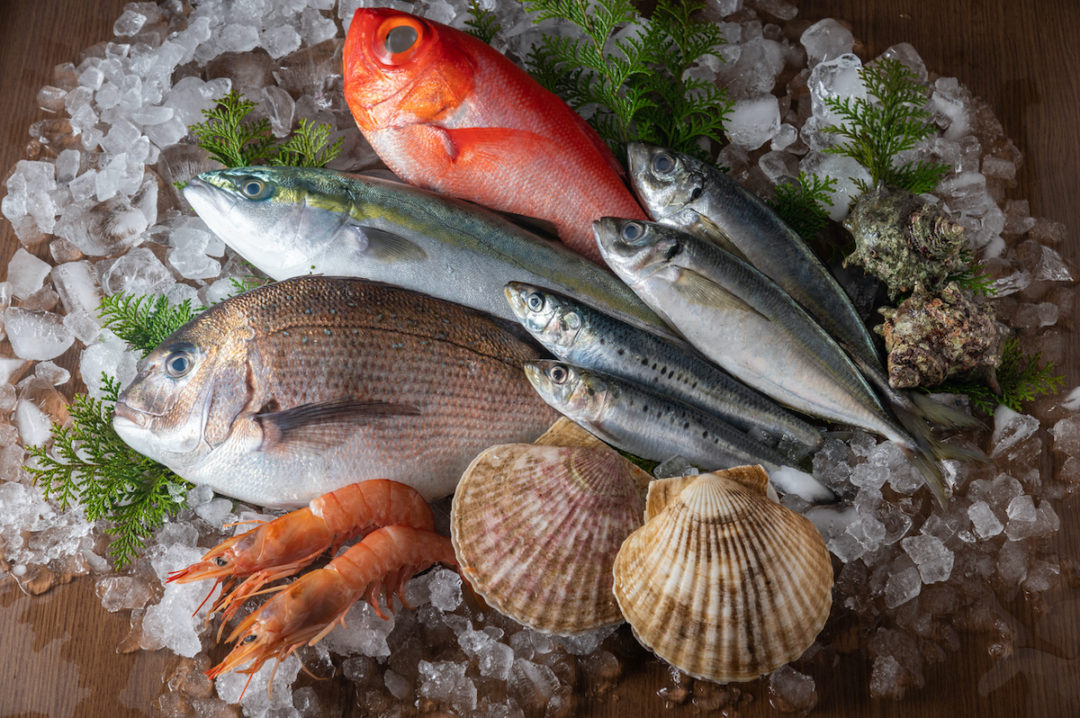
Home » Chinese Seafood Imports from Japan Fell After Release of Fukushima Water
Chinese Seafood Imports from Japan Fell After Release of Fukushima Water

Photo: iStock.com/ahirao_photo
September 20, 2023
Japanese seafood imports to China fell by 67.6% from August 2022 to August 2023, according to data from China’s customs authority released September 18. This comes after the country announced a ban on all Japanese seafood imports following the controlled release of treated Fukushima wastewater back into nature.
In August, Tokyo began releasing treated wastewater from a damaged nuclear power plant in Fukushima back into the environment. According to BBC News, after Japan began discharging the treated water on August 24, China announced a ban on all Japanese seafood imports even though Japan claimed that the water from the United Nations-approved plan was safe.
During a recent episode of The Economists' Drum Tower Podcast, Chinese correspondents Alice Su and Ted Plafker explained how misinformation from the Chinese government has created paranoia around Japanese seafood, which has begun to affect China's domestic seafood sector. Plafker said that Chinese citizens are "now afraid that the sea has been contaminated," which has caused people to worry about seafood that is sourced in Chinese waters, not just Japanese seafood.
Japan has promised to provide financial assistance to the fishing industry while Tepco — the company running the Fukushima plant — said it was prepared to compensate local businesses impacted by the release of the treated water.
Economists have said that the drop-off in seafood exports is unlikely to have a major impact on Japan’s overall economy because most of the country’s total exports to China are dominated by automobiles and other types of machinery.
Japan said that China was previously the world’s biggest importer of Japanese seafood. In 2022, China imported $571 million of seafood from Japan.
RELATED CONTENT
RELATED VIDEOS
Subscribe to our Daily Newsletter!
Timely, incisive articles delivered directly to your inbox.
Popular Stories

2024 Supply Chain Management Resource Guide: There's Only One Way Off a Burning Platform
VIEW THE LATEST ISSUECase Studies
-
Recycled Tagging Fasteners: Small Changes Make a Big Impact
-

Enhancing High-Value Electronics Shipment Security with Tive's Real-Time Tracking
-

Moving Robots Site-to-Site
-
JLL Finds Perfect Warehouse Location, Leading to $15M Grant for Startup
-
Robots Speed Fulfillment to Help Apparel Company Scale for Growth



